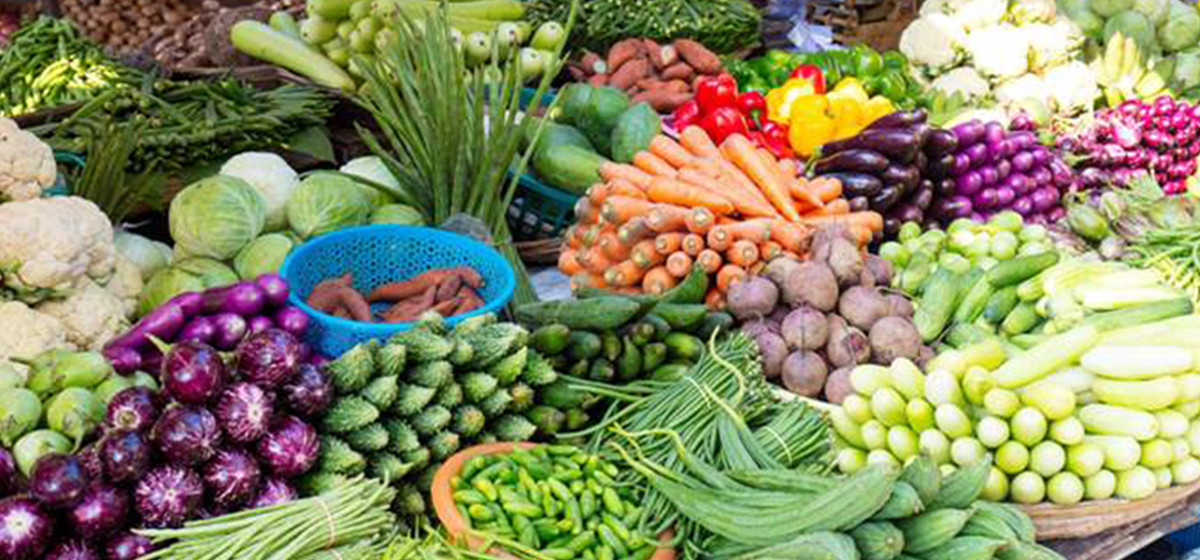
OR

Working in the kitchen can feel like a chore but if you know some handy tips and tricks, you can save time and money while making meals. Here are our top favorites.
Pre-soak pasta
Soak pasta in water in a sealed bag for a couple hours or overnight. Then you can cook it super fast in boiling water or just add it straight to a hot sauce in a pan and let it finish cooking there. Also, if you are boiling pasta then add rock salt and olive oil to the water. The salt will season the pasta while they are blanching, and the oil will keep them from sticking together while adding flavor to the pasta.
Different types of oil
Always consider the smoke point of your cooking oil. Use a type of fat that correlates to the level of heat you will be cooking at. Low-heat oil, such as butter and some nut oils, will burn at a medium or high temperature, so be sure to use those only when cooking on low heat. With high-heat oils, such as almond, avocado, or canola, you can cook at low or high temperatures without having to worry about them burning
Grate ginger
If mincing ginger feels like one of the toughest kitchen chores, then consider grating it. Freeze the ginger first because firm ginger is easier to grate. And coat your grater with non-stick spray for clean and easy grating.
Blend better
Always put your liquids in your blender first and then load your more solid ingredients like veggies, leafy greens, and fruits. This takes stress off your blender motor, and as the blade spins your ingredients are more easily pulled down into the blender vessel and your blends are more consistent, smooth, and creamy.
No nonstick pans
Nonstick pans really aren’t going to produce the best dishes. If you’re cooking anything that you want to develop some kind of crust, avoid using your nonstick pan. The heat isn’t quite as hot in non-stick pans and it doesn’t get things as crispy since it’s really protecting them from the heat underneath. The nonstick coating acts as a barrier between the heat and your food, which can prevent it from developing that rich, crispy texture. Nonstick pans are great for eggs, pancakes, and French toast.
The right way to cook eggs
The trick to great eggs is to not overcook them. Whether you are scrambling, frying, or poaching eggs, always turn off the stove a few minutes before the eggs look done. Turn it off even when the eggs seem a bit runny. The heat on the pan will cook them perfectly in a few minutes.
Use paper towels to preserve vegetables
Prolong the life of vegetables by wrapping them loosely in a dry paper towel and placing them in a re-sealable plastic bag. Oxygen isn’t good for vegetables so get as much air out of containers and bags before sealing then. Also, avoid washing until you are ready to cook and eat the vegetables.
Some more helpful tips
Put onions in ice water for 10 minutes before cutting them. This prevents them from causing your eyes to water.
Season your meat right before you cook it, this will keep the meat moist. If you season it hours in advance it will make the meat dry.
When cooking with powdered spices, it’s easy to burn them. A good trick to avoid this is to mix all the spices together with a couple tablespoons of water to eliminate the chance of scorching.
To prolong the life of your spices, keep them in a cool, dark place. Don’t store them on top of the stove, as heat and humidity can alter their flavor.
Store fresh herbs as you would fresh flowers, i.e. in a jar of water. Change the water daily, and they will last two to three times longer than they would in the fridge. When you need fresh herbs, just pluck off what you need.
You May Like This

Life is never too pointless to be ended
"Priye Sufi," a book by Nepali author Subin Bhattarai, is a moving and consoling book. The story's primary lesson is... Read More...

'ULFA: The Mirage of Dawn’ offers a remarkably balanced narration on history of ULFA
Rajeev Bhattacharyya’s book offers a remarkable history of ULFA, its formation and rise to prominence, the interplay of its principal... Read More...

Mrityu Diary: A must read book about life and death
"Mrityu Diary" or the “Death Diary” is a book written by the author Tulasi Acharya, which is currently available in... Read More...



Just In
- Pesticide residue found in vegetables in Nepalgunj
- Aam Janata Party and Samajwadi Jana Ekata Party merge
- 1,600 participants confirmed for Nepal Investment Summit
- Ilam-2 by-elections held peacefully, vote count likely to start tonight
- NEA schedules five-day power cut across Kathmandu Valley for underground cable installation
- Hundreds of passengers including foreign tourists in distress as poor visibility halts flights to and from PRIA
- Nepal clinches thrilling victory over West Indies 'A' in T20 cricket match
- Capital Market Struggle Committee stages protest demanding protection of domestic investors (Photo Feature)











-1200x560-wm_20240427144118.jpg)

Leave A Comment